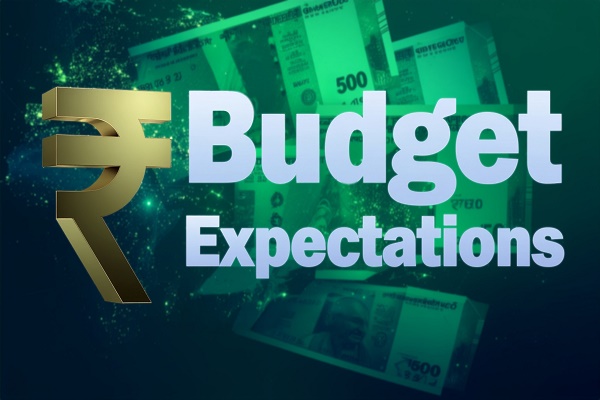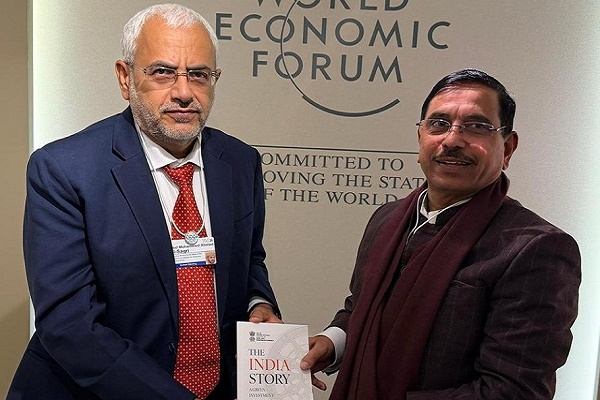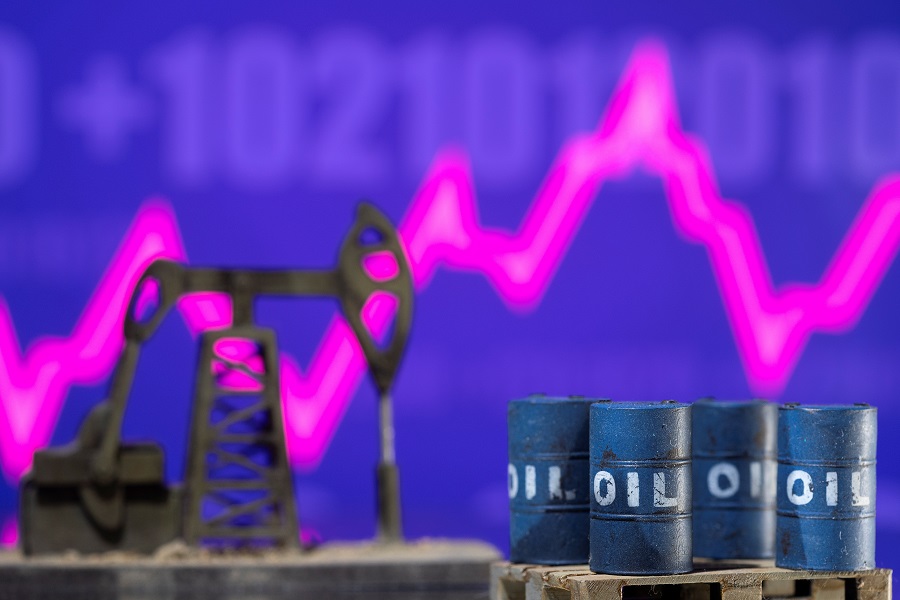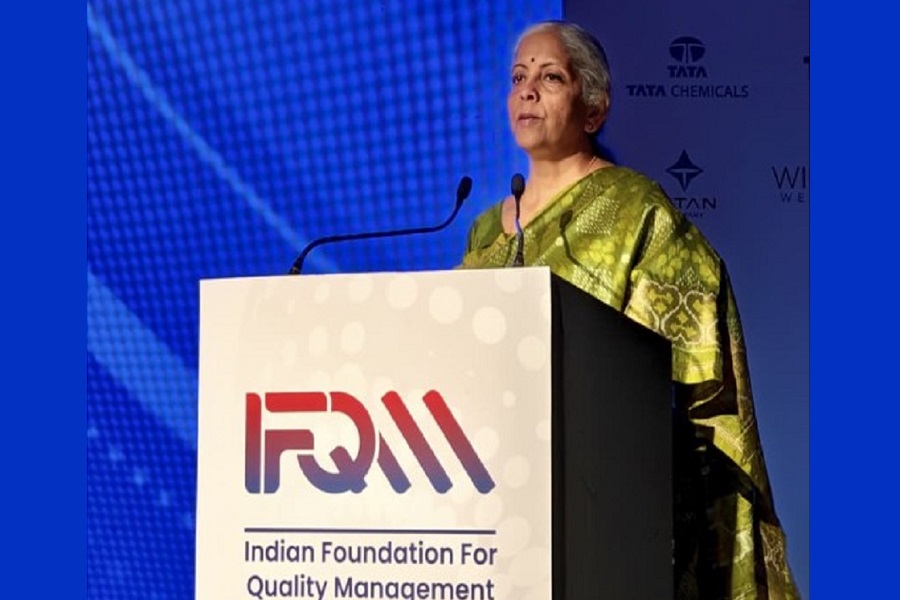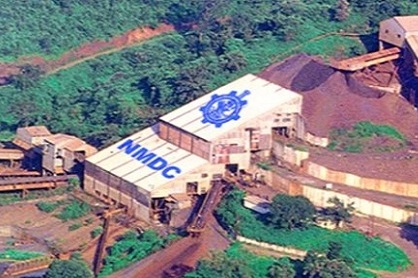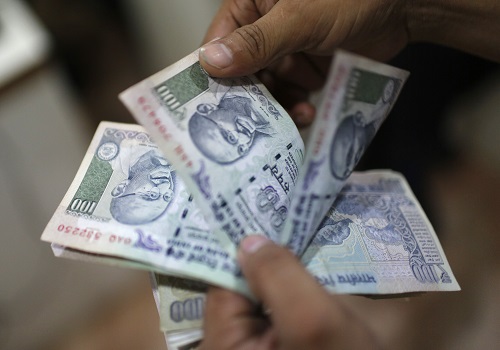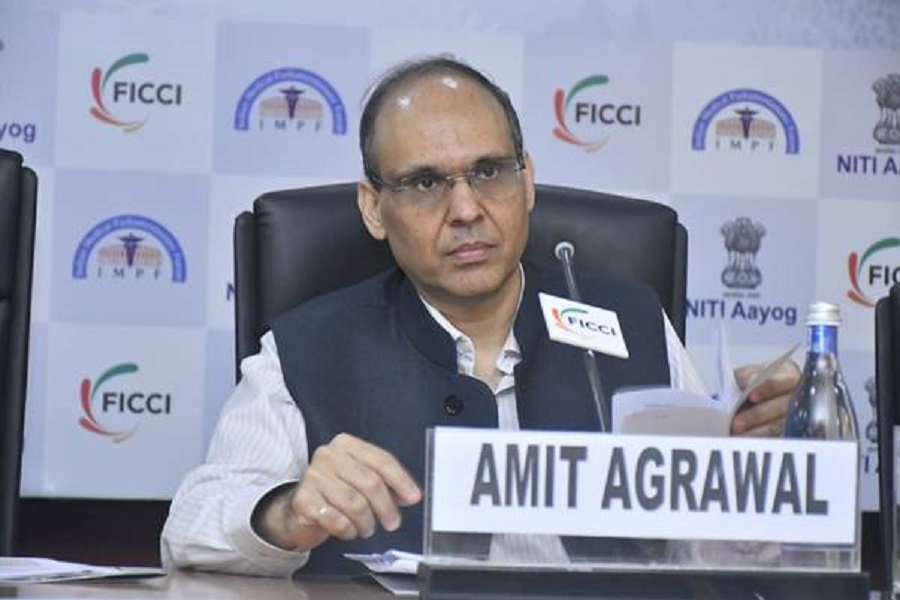UNCTAD downgrades India’s economic growth by over 2% to 4.6% for 2022
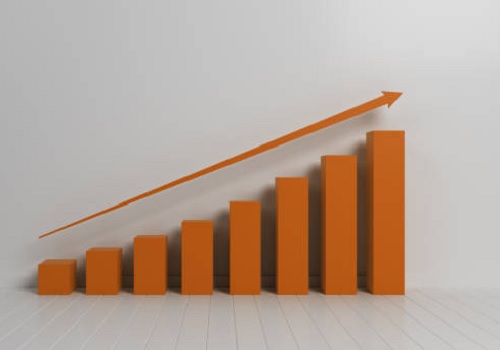
The UN Conference on Trade and Development (UNCTAD) in its latest report has downgraded India’s economic growth by over 2 per cent to 4.6 percent for 2022 from earlier forecast of 6.7 percent. A decrease has been attributed to the ongoing war in Ukraine, with New Delhi expected to face restraints on energy access and prices, reflexes from trade sanctions, food inflation, tightening policies and financial instability. The report also downgraded its global economic growth projection for 2022 to 2.6 percent from 3.6 percent due to shocks from the Ukraine war and changes in macroeconomic policies that put developing countries particularly at risk.
The report said while Russia will experience a deep recession this year, significant slowdowns in growth are expected in parts of Western Europe and Central, South and South-East Asia. The report said as some of the other economies in South and Western Asia may gain some benefits from fast growth of demand and prices of energy, they will be hampered by the adversities in primary commodity markets, especially food inflation, and will be further hit by inherent financial instabilities.
It said India in particular will face restraints on several fronts: energy access and prices, primary commodity bottlenecks, reflexes from trade sanctions, food inflation, tightening policies and financial instability. The report has downgraded the GDP growth of the US from three per cent to 2.4 per cent. China will also see growth decrease to 4.8 per cent from 5.7 per cent. The report projects a deep recession for Russia, with growth decelerating from 2.3 per cent to -7.3 per cent. The report said the Russian economy faces stringent external constraints imposed by the sanctions.
The UNCTAD said the added pressure of price increases is intensifying calls for a policy response in advanced economies, including on the fiscal front, threatening a sharper than expected slowdown in growth. Soaring food and fuel prices will have an immediate effect on the most vulnerable in developing countries, resulting in hunger and hardship for households who spend the highest share of their income on food. But the loss of purchasing power and real spending will ultimately be felt by everyone. It said the danger for many of the developing countries that are heavily reliant on food and fuel imports is more profound as higher prices threaten livelihoods, discourage investment and raise the spectre of widening trade deficits.
